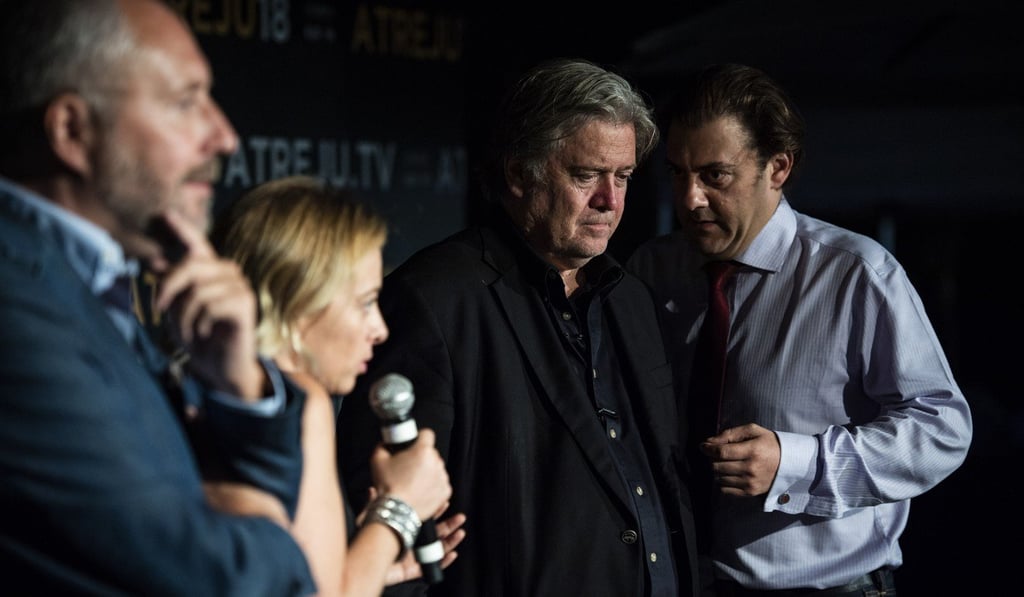Opinion | Why Brexit may be the least of the EU’s worries
- Vasilis Trigkas says the blow of the UK leaving the union will be considerable, but it is only an exacerbating factor. In a European parliamentary election year, economic stagnation and a turn towards populist politics are far more worrisome

“The centre cannot hold”, a line from the W.B. Yeats poem, The Second Coming, has become a classic op-ed aphorism in an epoch of ascending demagogy. To extend it beyond domestic politics, the line could be used on the European Union. Indeed, in 2019, the EU may not hold.
If Brexit is successful for Britain, it will set a precedent for other EU members to follow, further undermining the grouping’s cohesion; If chaotic, it will damage the EU’s economy and could provoke a geopolitical clash between Germany and the UK, which could lead to the unravelling of the post-second-world-war intra-European pacifism. This does not mean Panzers and Spitfires; expect instead vitriolic rhetoric, punitive regulations and covert actions culminating in an unprecedented “war by other means”.
To do so, they do not need to win over the majority of voters across Europe; they just need to win enough votes to form the second-largest parliamentary coalition. If they succeed, they will undermine the socialist alliance, the current second-largest coalition, and be able to constrain the agenda of the conservative European People’s Party.
In addition, the political battleground for the appointment of the new commission – the EU’s all-powerful executive body – will be tangled. Even if there is agreement on portfolios and new commissioners by early autumn, the ideological mix of the new commission is likely to erode its effectiveness and further boost Euroscepticism.
This is not where EU problems end, however. The euro, the project that started it all and turned Europe from a sui generis union of postmodern sovereign states with an integrationist dream to militant blocs of creditors and debtors, has become the sword of Damocles hanging over the heads of Eurocrats.


